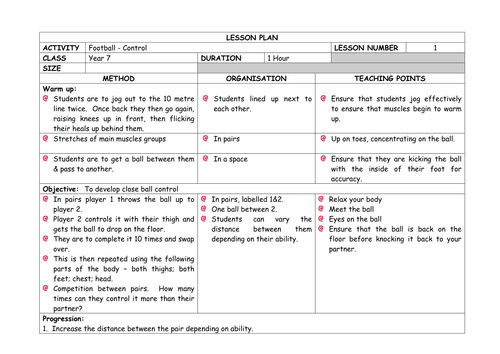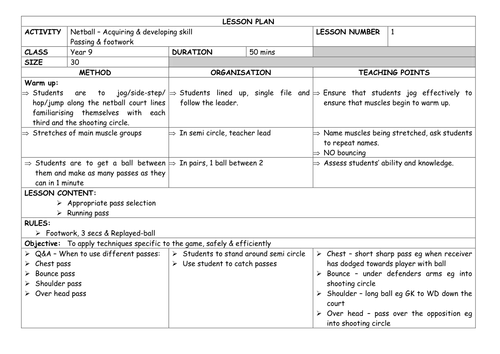The PE Tutor
The PE Tutor Ltd is a community of PE Tutors that write, create and deliver teaching and learning resources and courses for students and teachers around the world. Our sole aim is to Maximise Student Success in PE Exams. Our ever expanding tutor team provide: - 1.2.1 Private Tuition - Online Group Classes - Free Email Course - Full Curriculum Courses of Study learn more at www.ThePeTutor.com Interested in becoming a PE Tutor yourself? Email us at the.pe.tutor@outlook.com





















